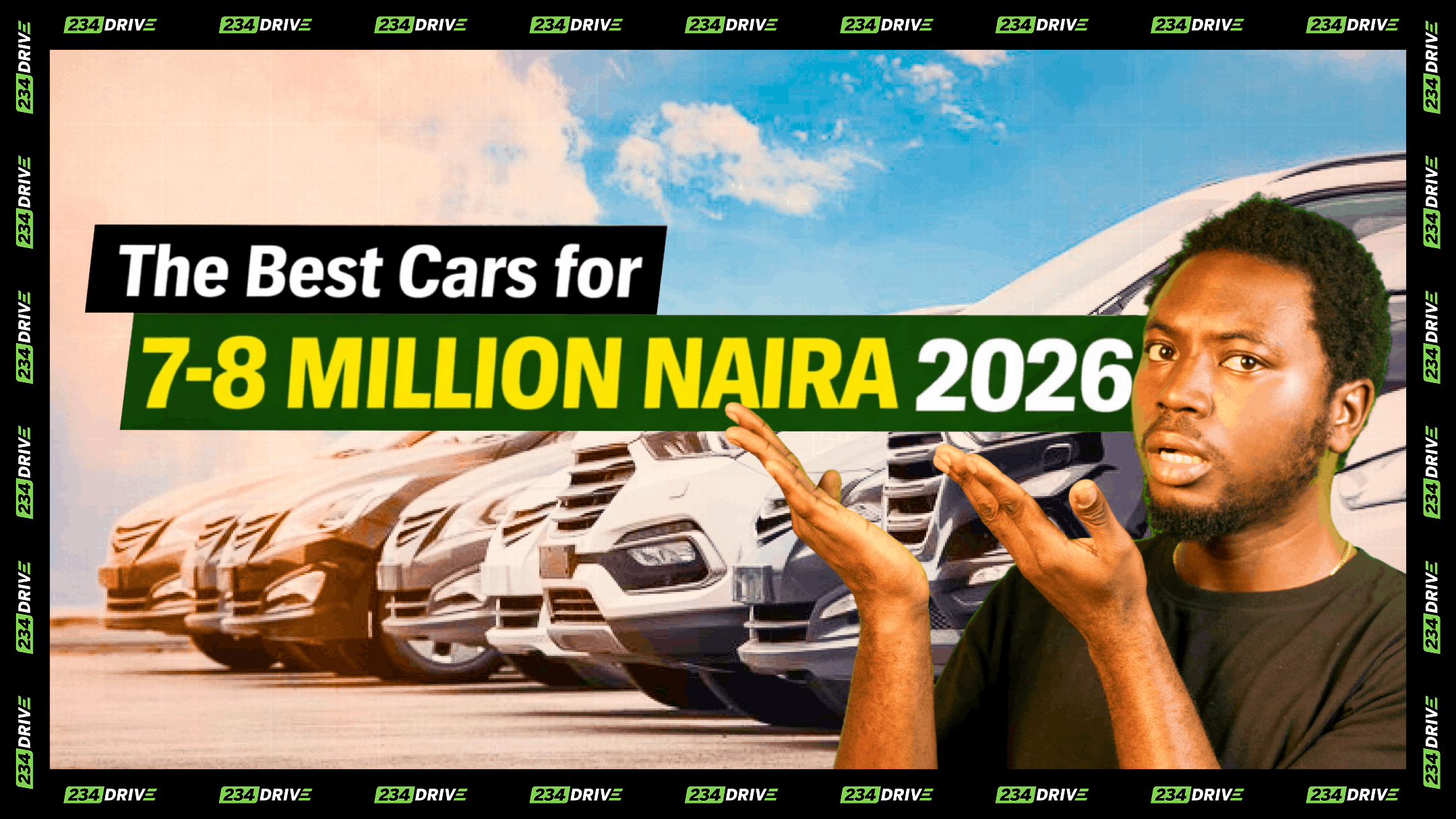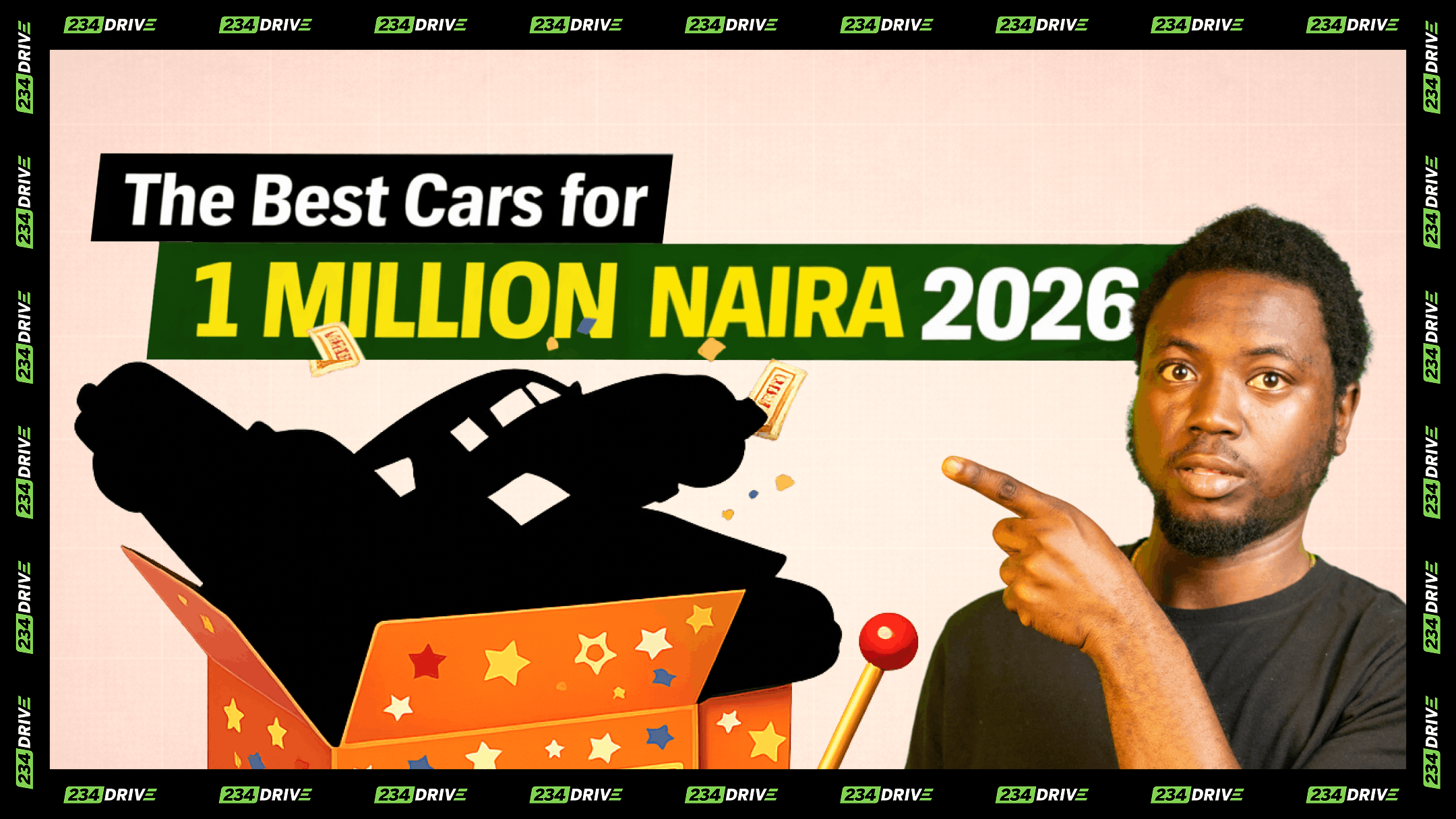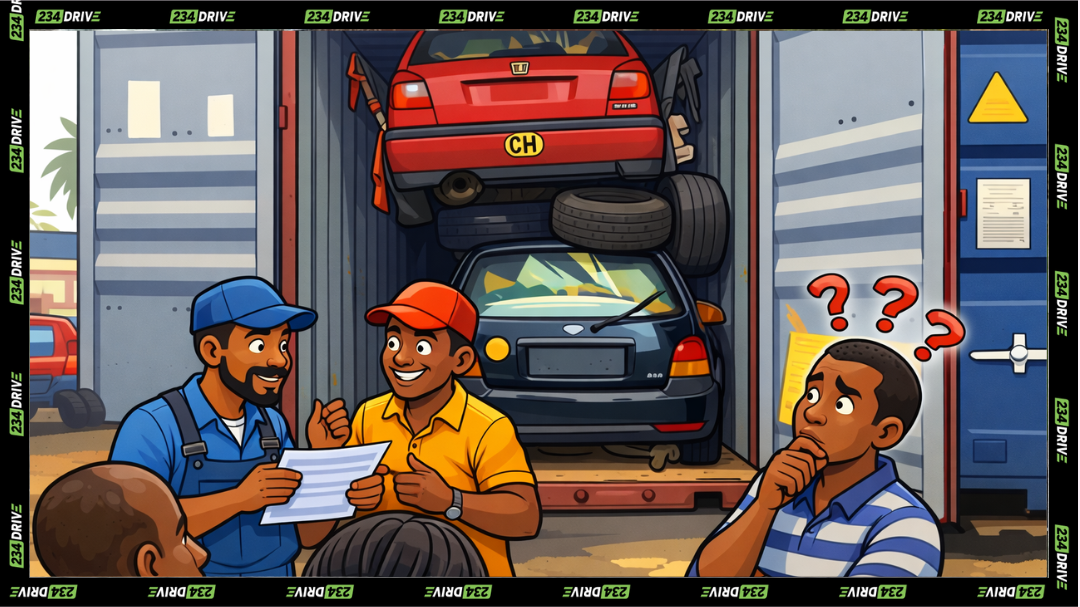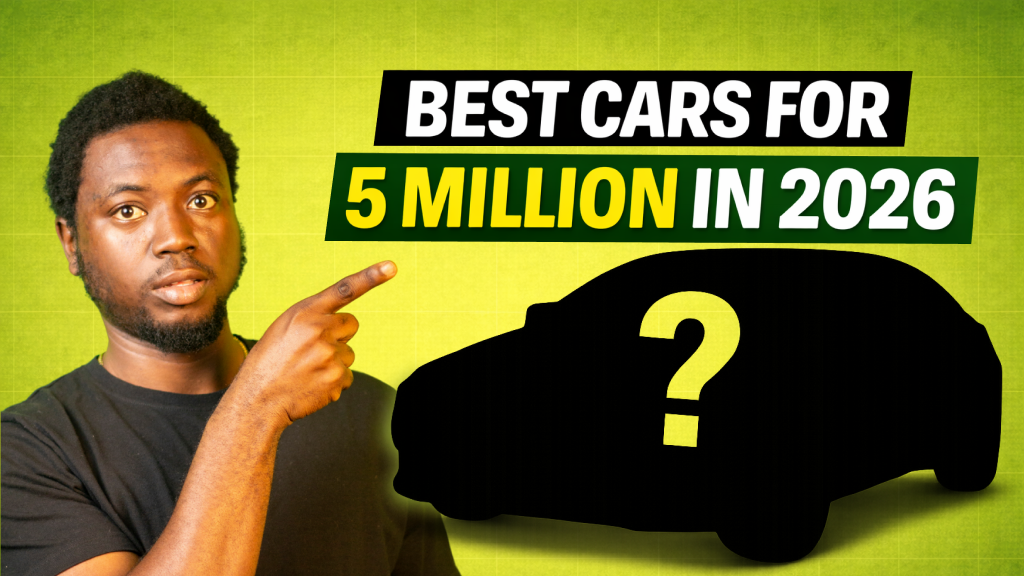In Nigeria, a strong car is defined by its ability to cope with rough roads, erratic maintenance culture, and inconsistent fuel quality. It’s not about appearance or speed—it’s about resilience. A truly strong vehicle needs high ground clearance to avoid underbody damage, a reinforced suspension to handle potholes and unpaved routes, and an engine that delivers reliable performance over years of demanding use without constant repairs.
Durability also means that spare parts are readily available and mechanics across the country are familiar with the model’s design. These factors directly affect how long the car stays operational and how affordable it is to keep on the road. The models in this list have been chosen for their proven ability to withstand Nigeria’s toughest driving conditions while remaining dependable investments.
What Defines Strength in Nigerian Driving Conditions?
Strength here means a vehicle that handles bad roads, bad fuel, unpredictable weather, and limited workshop access. Nigerian roads demand ground clearance, strong suspensions, and engines that do not require constant servicing.
Durability also relates to how easily spare parts can be sourced and whether local mechanics understand the engine layout. Our post on Nigerian car maintenance culture shows how poor upkeep affects long-term car performance.
Toyota Land Cruiser: The Most Trusted Option
The Toyota Land Cruiser is the benchmark for strength in Nigeria. Built on a body-on-frame platform, it comes with high ground clearance, 4WD, and powerful diesel or petrol engines with high torque. Its performance on rough terrain is unmatched, whether in rural areas, construction sites, or government convoys. Inside, the cabin is spacious and practical, with durable materials designed to withstand heavy use.
The exterior is solid and imposing, with a design that prioritises strength over flash. Parts are widely available, and even 20-year-old units remain on the road. It also holds its value better than most SUVs. Carmart and Cars and Horsepower rank it among the most unkillable cars. Even 20-year-old Land Cruisers are still on the road.
Mercedes-Benz G-Class: Strength with Luxury
The Mercedes-Benz G-Class, or G-Wagon, combines luxury with rugged engineering. It features a high-strength ladder frame, advanced 4WD systems, and powerful engines that perform exceptionally well off-road. The interior is luxurious, with premium materials and advanced tech features, but the maintenance costs are high.
On the outside, it maintains its boxy, military-inspired look, with a build that can take on challenging terrain. While it’s perfect for affluent buyers who want status and capability, its expensive parts and servicing make it less practical for rural or commercial use.
Toyota Hilux: Built for Rough Work
The Toyota Hilux is a workhorse pickup seen in farms, construction sites, and delivery fleets across Nigeria. It offers reliable engines, high payload capacity, and a suspension tuned for rough roads. Inside, the cabin is simple but functional, built for easy cleaning and durability.
The exterior is tough, with a reinforced cargo bed and chassis that can handle heavy loads daily. Maintenance is straightforward, and parts are easy to find, making it one of the most cost-effective strong vehicles for commercial work.
Nissan Pathfinder: Underrated but Capable
The Nissan Pathfinder is a capable SUV that blends comfort with resilience. Its engine delivers solid performance on both highways and rough tracks, and its suspension offers a balance between comfort and off-road ability. The interior is roomy, with comfortable seating and user-friendly controls.
The exterior is sturdy and built to handle moderate off-road conditions. While parts are not as common as Toyota’s, the Pathfinder still holds up well when maintained properly, making it a good option for drivers who want comfort without sacrificing durability.
Jeep Wrangler – Performance, Interior & Exterior
The Jeep Wrangler is purpose-built for off-road strength. Its solid axles, high ground clearance, and advanced 4×4 systems make it excel in rugged environments. The interior is basic but functional, with removable panels for easy cleaning after muddy trips. The exterior is iconic and tough, with a frame designed for maximum articulation on uneven terrain. Parts availability is limited in some regions, and maintenance can be costly, but for pure off-road capability, the Wrangler is among the best.
Practical Impact of Strong Cars in Nigeria
Strong cars make a tangible difference in the daily lives of Nigerians. For business owners, they mean fewer breakdowns, less downtime, and the ability to transport goods or equipment across rough terrain without costly delays. Farmers benefit from vehicles like the Toyota Hilux, which can carry heavy loads from remote farms to urban markets without struggling.
In rural communities, models such as the Land Cruiser and Pathfinder allow residents to access healthcare, education, and markets even in the rainy season when roads are flooded or severely degraded. For commercial drivers, these cars translate into more trips per week, higher earnings, and fewer repair expenses. Even in urban areas, where traffic and road wear can be harsh on vehicles, strong cars maintain performance and comfort over the years.
Prices, Maintenance, and Overall Value
The cost of owning a strong car in Nigeria goes beyond the initial purchase price. While models like the Toyota Land Cruiser and Mercedes-Benz G-Class have high entry costs—₦35M to ₦70M for used Land Cruisers and ₦60M to ₦150M for G-Class—they offer long-term value through durability, reliability, and strong resale potential. The Land Cruiser, for instance, maintains its value exceptionally well, making it a solid investment despite the steep upfront cost.
Mid-range options like the Toyota Hilux and Nissan Pathfinder cost between ₦10M and ₦35M, depending on year and condition. They are cheaper to maintain than luxury SUVs, with parts easy to find—especially for the Hilux—and mechanics familiar with their systems. The Jeep Wrangler, priced from ₦20M to ₦35M, excels off-road but can be costlier to maintain due to less common parts. In judging value, consider fuel use, part availability, and repair frequency. Often, a pricier vehicle with low upkeep and good resale value proves cheaper long-term than a low-priced car with frequent repairs.
Key Takeaways for Nigerian Drivers
Strong cars in Nigeria are not just about power—they are tools that directly influence productivity, safety, and cost efficiency. Selecting the right model means weighing purchase price against maintenance ease, spare part availability, and real-world performance on local roads. Models like the Toyota Land Cruiser and Hilux show that durability and reliability can offset high initial costs, while options such as the Pathfinder and Wrangler cater to specific needs like comfort or extreme off-road use.
In practical terms, the right choice reduces downtime, supports consistent income for commercial drivers, and provides dependable transport in both urban and rural conditions. By prioritising vehicles built to handle Nigeria’s unique challenges, drivers secure better long-term value and a dependable partner on the road.










